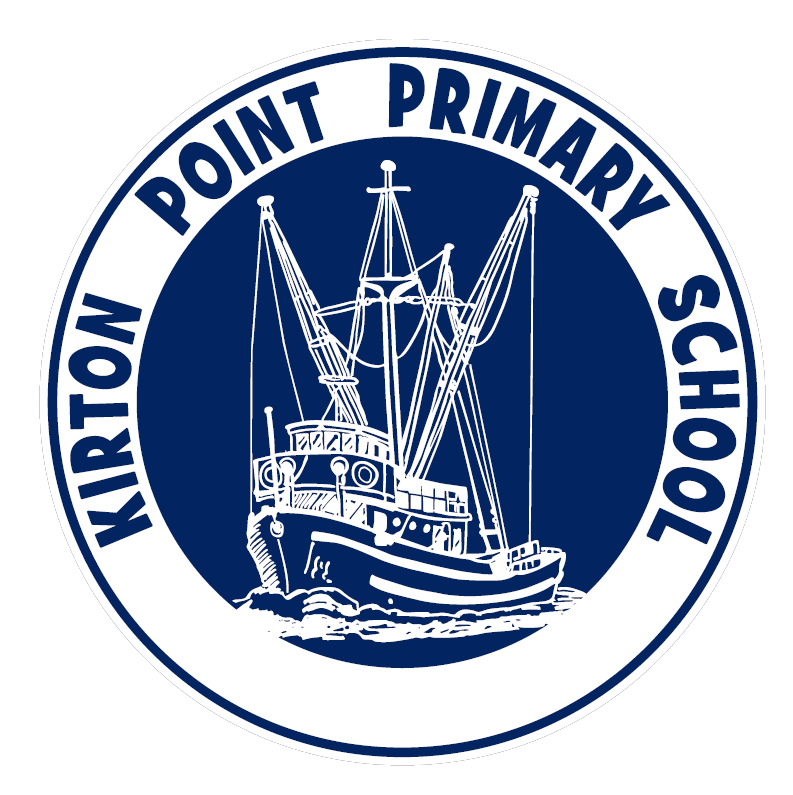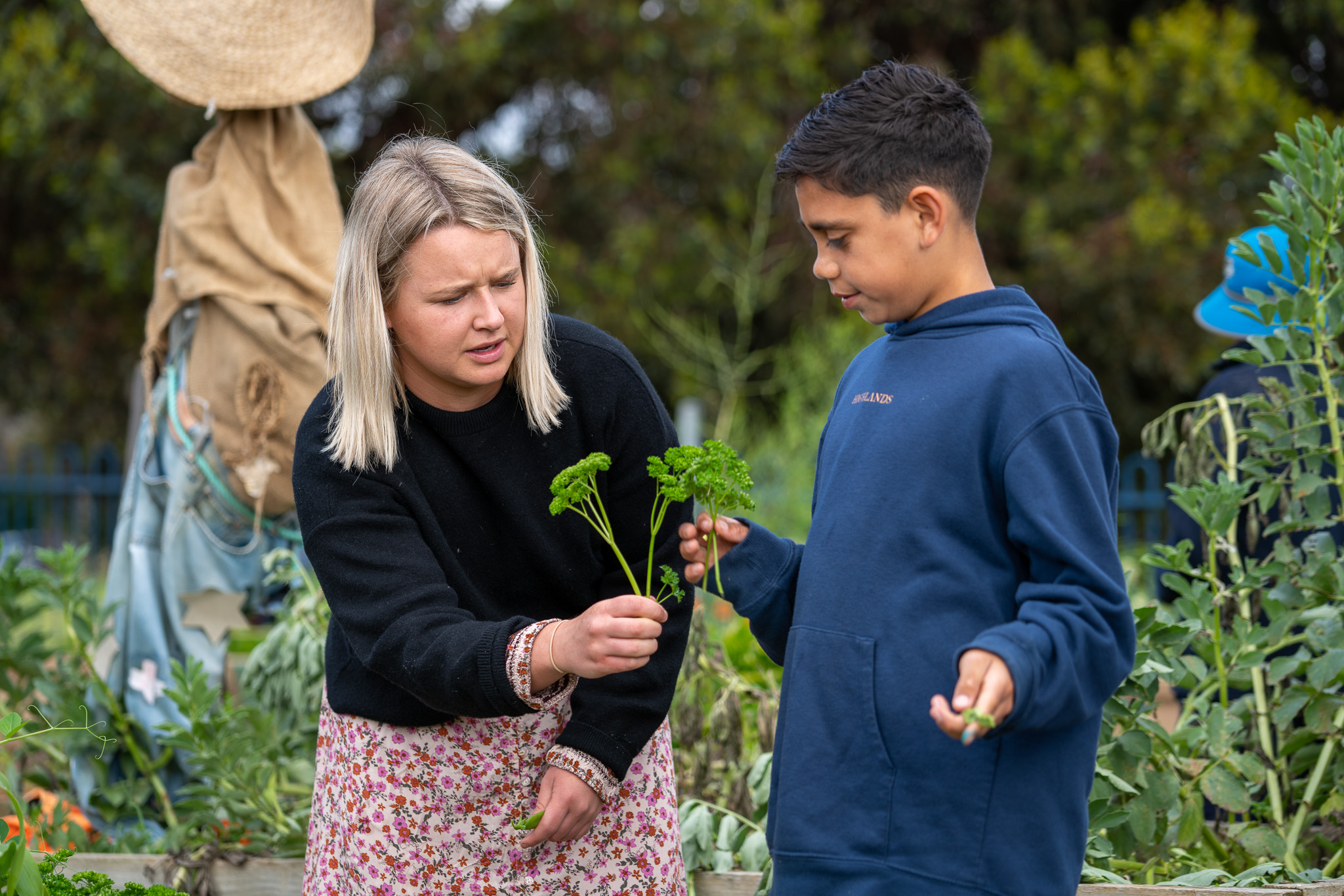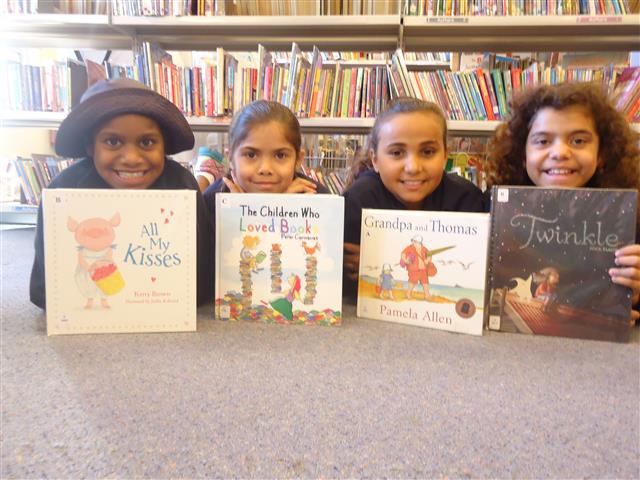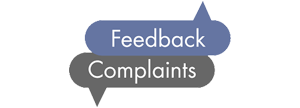Aboriginal Education
In this section:
Aboriginal Education at Kirton Point Primary School has 5 major focus areas:
Cultural Understanding – Identity – Health – Literacy and Numeracy – Community Involvement
Useful links:
Aboriginal Education At Kirton Point Mind Map
(Download PDF, xxKB)
Current Newsletter
(Download PDF, xxKB)
Cultural Understanding
To build a positive future for all, it is essential that all students understand and respect the cultural heritage of the first Australians. All students are involved in Cultural Studies lessons each week for two terms which are heavily focused on Aboriginal History. The Aboriginal Education Teacher and Aboriginal Community Education Officer facilitate the lessons with the support of teachers. At times, community personnel are involved to share their stories, language and culture with students and staff. Whole school celebrations such as Culture Week, Sorry Day, Reconciliation Week, Harmony Day are coordinated by the Aboriginal Education team and contribute significantly to deeper understandings, acceptance and respect.
Health
During term one, Harmony Day is celebrated.
The theme is Everyone Belongs.
Students and staff engage in learning about respecting others and treating others as they wish to be treated. A shared lunch is enjoyed by all and the school community wear orange clothing and consume oranges whist engaging in fun lunchtime activities together.
Literacy & Numeracy
All students are involved in daily literacy and numeracy learning during the literacy and numeracy blocks. Literacy lessons involve reading, writing, spelling, listening and speaking during a daily warm up, explicit teaching, guided practice, independent practice and a review. Students who need additional support receive daily intensive practice in literacy skills from ssos and primary years students may participate in the Quicksmart literacy program. Numeracy lessons involve learning about number and algebra, measurement and geometry and statistics and data during a daily warm up, mental routine, problematized situation or strategy lesson and reflection. Students in the primary years who need additional support in automaticity of number facts may be involved in Quicksmart maths program 3 times per week.
Books in Homes program is funded by grants and enables students to choose books that can be shared with family members in the home setting
Community Involvement
Families are invited to a family get-together at least once per term to view and discuss their children’s achievements and set goals for the future. Parents are also invited to share their opinions and ideas about issues of concern or ways to improve the school.
Funding for parent initiatives is often available and can be used to involve community such as Aboriginal artists or resource personnel in the teaching and learning program, provide bus transport for students to school each day, supply books in homes, involve families in playgroup and coordinate workshops such literacy and nutrition sessions.
Identity
Students who feel like they are valued and belong to an educational community will be more likely to engage and benefit from the teaching and learning process. A strong cultural identity is developed for all Aboriginal students within the school by building positive relationships with students and their families and reflecting the school values – respect, responsibility, trust, teamwork, friendship and fairness – in all that we do.














